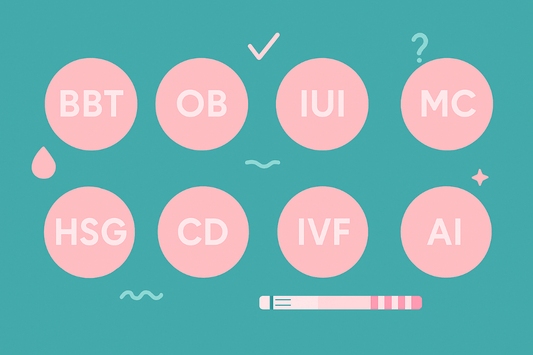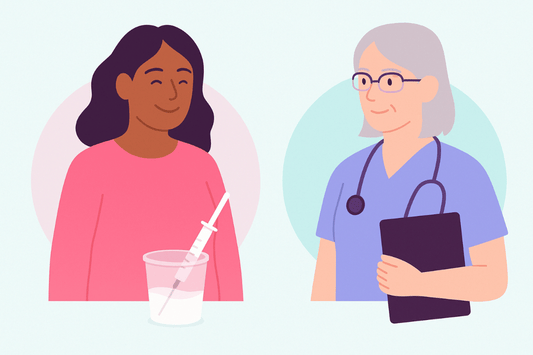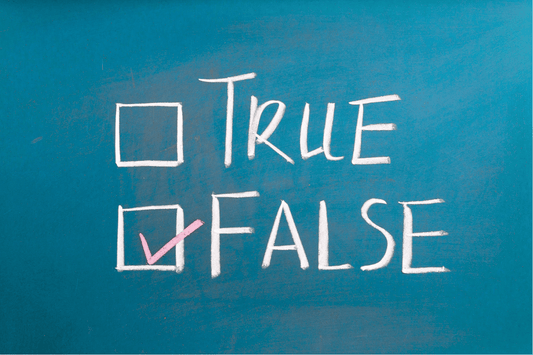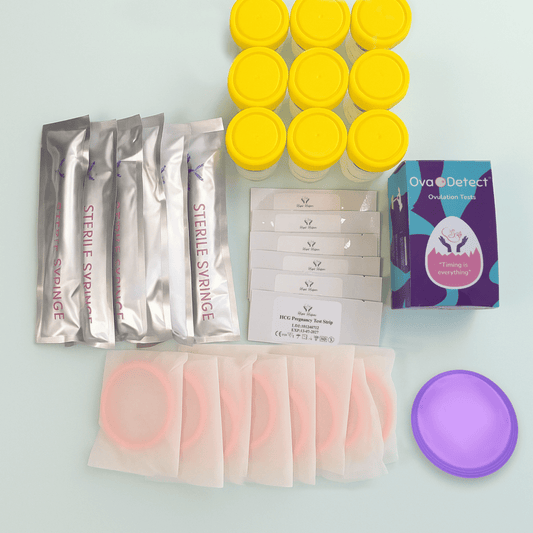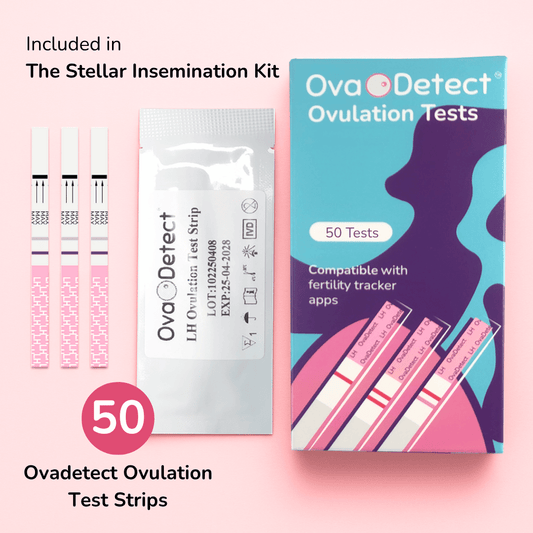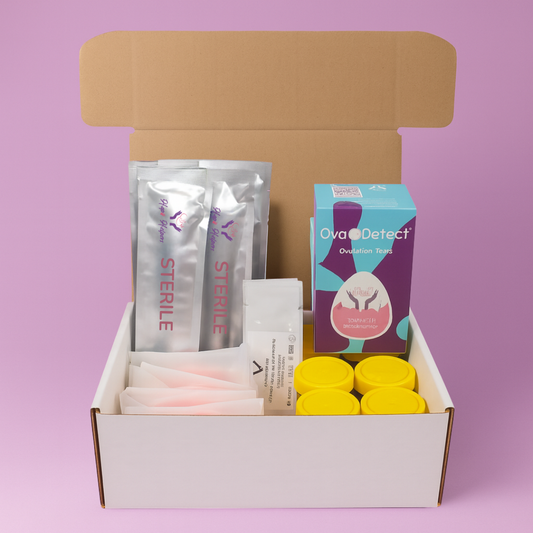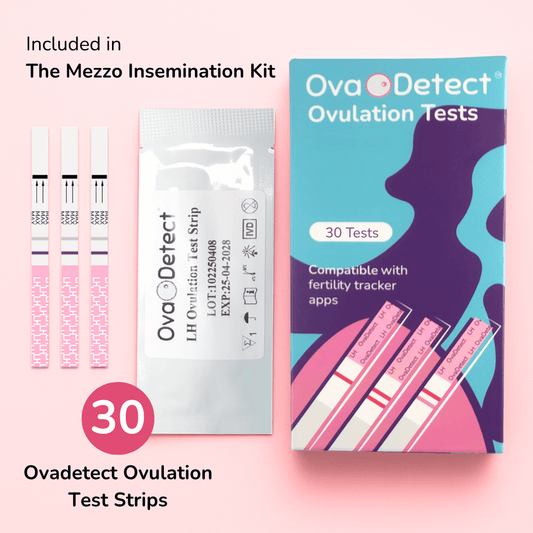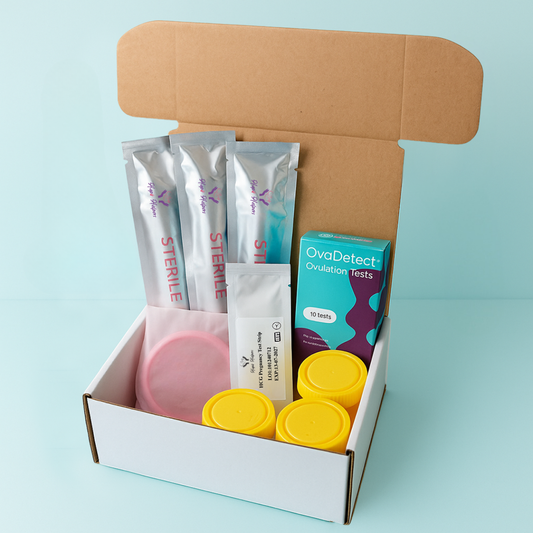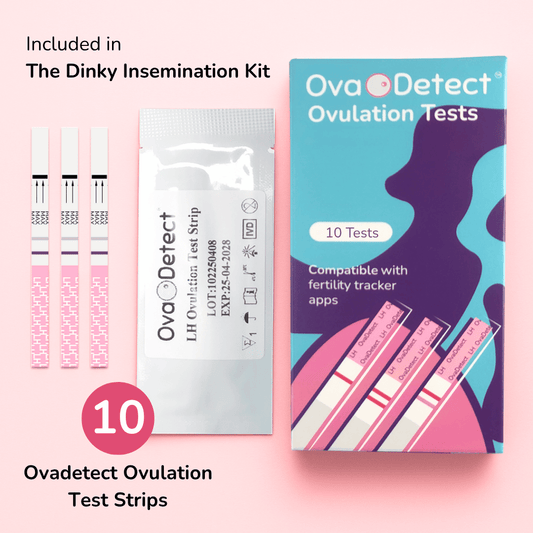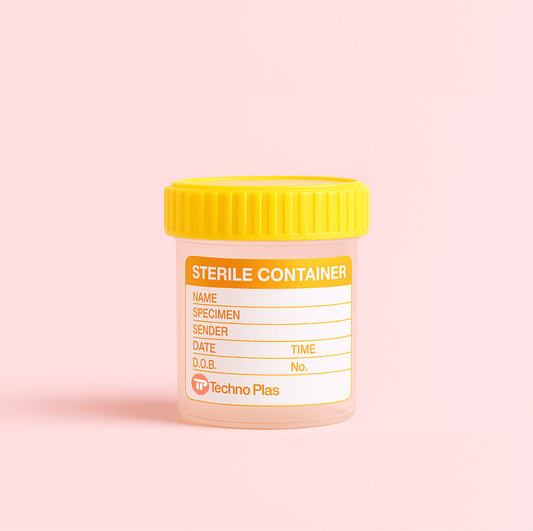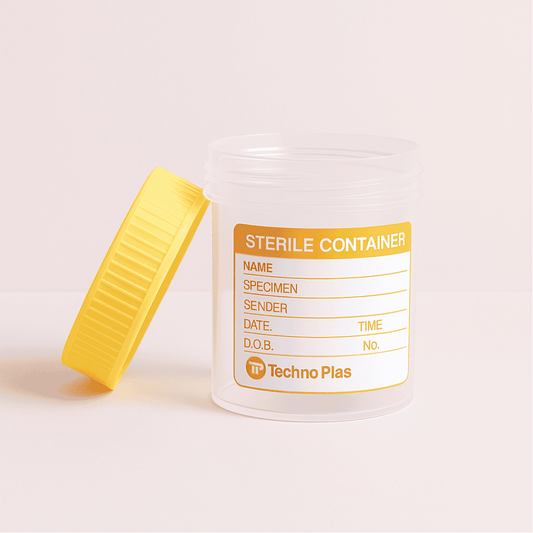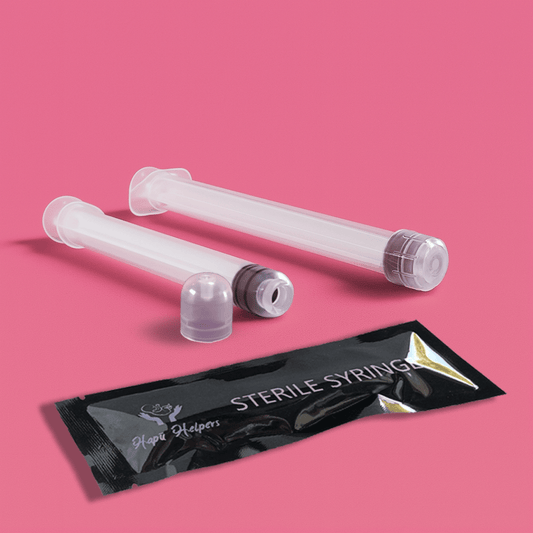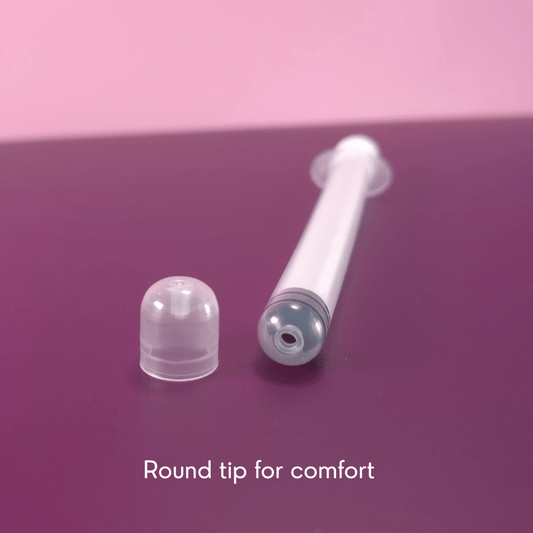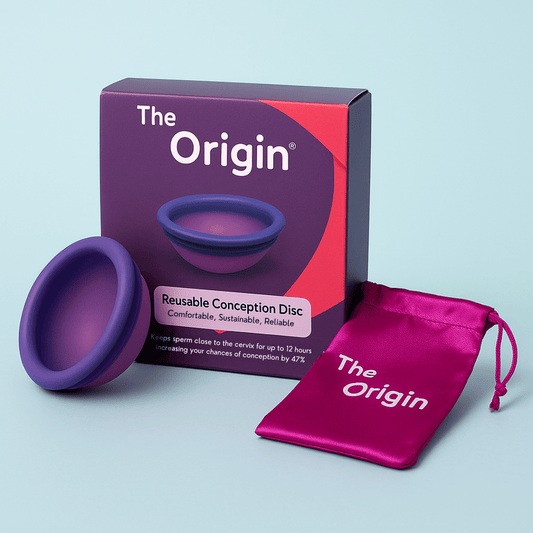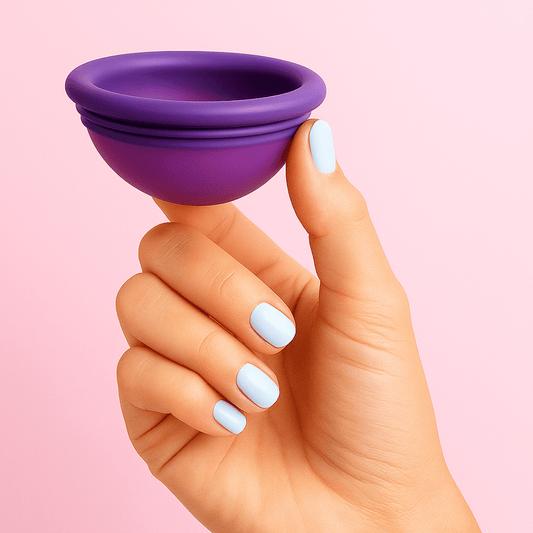About Your Donor
Everything You Need to Know About Choosing the Right Donor

Finding a sperm donor can be a deeply personal and sometimes overwhelming experience. That’s why we’re here to help guide you through the process with clarity, support, and safety in mind. Below, we outline where to find a donor and the key questions to ask to determine if they’re the right match for you.
Where to Find a Sperm Donor
At Home Insemination Solutions, our mission is to raise awareness about safe sperm donation practices and to help individuals and couples explore their options with confidence. A good starting point is to consider someone you already know and trust. If that’s not possible, online platforms, such as Facebook groups, can be useful tools in your search.
We found our donor through Facebook; however, the landscape has changed significantly over the past few years. Many of the current groups are donor-run, meaning they are moderated by individuals who also donate sperm. These spaces are often tightly controlled, and in some cases, donors who are perceived as "competition" are removed from the group. Unfortunately, many of these donor-run communities are dominated by serial donors—individuals who donate to numerous families without regard for the ethical, emotional, or genetic implications of creating many offspring.
If you choose to explore Facebook groups, we strongly recommend joining one that is not run by a donor.
Regardless of where you search, it’s critical to proceed with caution. Do thorough research, ask the right questions, and ensure that you truly understand who your donor is, both in terms of their health background and their intentions.
See our article on donor legalities and contracts
What to Ask Your Donor — and Why It Matters
Choosing a sperm donor is one of the most significant decisions you'll make on your journey to parenthood. Asking the right questions upfront helps ensure transparency, safety, and alignment between you and your donor. Below are some key questions to consider, along with why they are important.
Question 1 - What is your motivation for becoming a sperm donor?
Understanding your donor’s intentions provides insight into their mindset and values. Sperm donation is a selfless act, and while many donors are genuinely motivated to help others, some may have less altruistic reasons. This question can help you assess whether your donor is emotionally mature and genuinely committed to the process.
Question 2 - Do you have any children from previous donations?
This question helps uncover two critical details:
Whether the donor has successfully conceived children before.
How many families or children he has already donated to.
You should also ask whether he limits the number of families he donates to Limiting the number of donor offspring is crucial to reducing the risk of unintentional incest, which can result in serious genetic complications for future generations.
Note: Be cautious of serial donors—individuals who donate to numerous families without regard for the consequences. This practice increases the likelihood of related individuals unknowingly meeting and starting relationships in the future.
Question 3 - Are you open to connecting with other families you've donated to?
Some parents find value in building connections with other families who have used the same donor. This creates a sense of community and offers children the opportunity to know their half-siblings. In some cases, it could even be helpful for future medical reasons, such as blood or organ donation.
Question 4 - What level of involvement would you like in the child’s life?
Clarity around your donor’s desired level of involvement is essential. Some donors prefer to remain anonymous, while others may want ongoing contact. There’s no right or wrong answer, what matters is that both parties are aligned and that the agreement is clearly documented in a legal contract.
Legal templates and examples can be found here
Question 5 - What is your lifestyle like? Do you smoke, drink, or use drugs?
Lifestyle choices can significantly affect sperm quality. Understanding whether your donor smokes, drinks heavily, or uses recreational or prescription drugs will help you determine if he’s a healthy choice for your pregnancy journey.
Question 6 - Are you willing to undergo a semen analysis?
A semen analysis provides information about the donor’s sperm count, motility, and morphology. If he hasn’t done this yet, you may need to cover the cost. These tests are available through laboratories such as Ampath or a GP. Ideally, the sperm motility should be at least 40% to increase your chances of conception.
Question 7 - Will you agree to an STD (sexually transmitted disease) test?
Your donor’s sexual health is critical for the safety of both the mother and the baby. Make sure you request a full STD screening and review the results. If this hasn’t already been done, testing can be arranged through a GP or Laboratory, at your expense.
Question 8 - Can you provide details about your family’s medical history?
Even if your donor is currently healthy, it’s important to know if there’s a family history of:
Heart disease
Diabetes
Cancer
Stroke
Dementia
Mental health conditions
You may also want to ask about things like vision problems, hip dysplasia, or any hereditary conditions. This information is often requested by doctors and health professionals caring for your child.
Consider genetic testing for your donor to rule out inherited conditions. There are a few places that provide DNA tests, for example, DNA Analysis
Question 9 - Would you be open to donating again in the future?
If you plan to have more than one child and wish for them to be genetically related, it’s important to know whether your donor would be willing to help again.
In addition to the more serious topics, having a casual conversation can help you get a sense of your donor’s personality. Ask about:
General questions to get to know your donor
Hobbies and interests
Career and education
Sports or activities he enjoys
Academic performance
Family traits such as hair and eye color, or if there’s a history of balding
These details might not be deal-breakers, but they can help you form a more complete picture of who your donor is.

If you’re unsure where to start or feel overwhelmed, speaking with a TTC (Trying to Conceive) consultant can be helpful.
Book a TTC consultation


